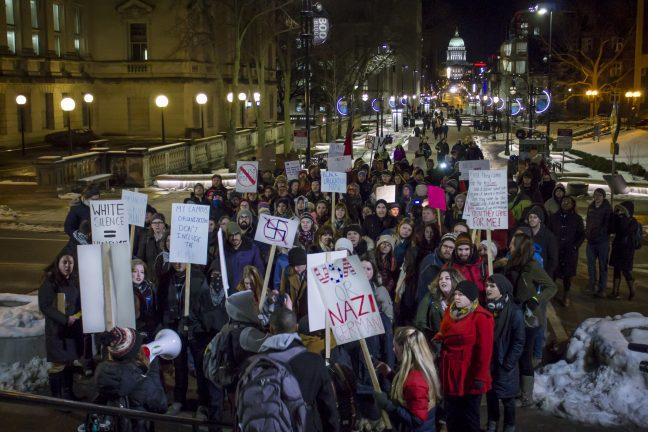College courses should always center around providing students with applicable skills and knowledge that will be of use in today’s landscape. Nothing is more draining than attending and working hard in a class where you feel you’re only participating for a grade, and not for the experience the course can provide. Instead, courses that challenge you to apply your knowledge to genuine activity can be the most rewarding.
Chemistry courses that require students to practice concepts in a lab setting make those ideas more accessible later on, as physical participation cements ideas long term. Journalism courses that ask students to pitch real story ideas and subsequently report on their findings, giving each participant real experience in the field and can hook them on the journalistic process. The common thread between each of these examples is that such activities are not optional, and their mandatory nature forces students to apply their knowledge in a medium separate from exams and quizzes.
In Photos: Hundreds gather to protest 45th president’s inauguration
The value in this is clear as the hallmark of a college education is real-world preparation. Classes should be designed to do so, and those with mandatory professional practice are the most effective. Ideally, all classes should implement some form of this experience, but it becomes difficult when addressing classes in the sociologic, historic and anthropologic categories.
Courses under those distinctions deal with abstract theories that are tough to put into practice in a way that specifically outlines their definitions. You can read passage after passage outlining the effects of institutionalized racism, but, at day’s end, the fact remains that if you don’t experience said effects in your daily life, your main association with its outcomes will be with the text you just read, and ideas that are made real by lived experience stick more than ideas read and forgotten.
Instead of only reading about abstract topics, conversation is a principle way to gain a desired deeper understanding. However, discussions of uncomfortable topics are just as they seem — uncomfortable. Speaking with an undocumented immigrant on issues of immigration or citizenship status can be enriching, memorable and met with passion from the selected individual, but could also result in the tokenization of that individual’s voice. Additionally, although confronting discomforts can lead to personal growth, many cannot reach a mental state where they’ve built enough courage to discuss such topics, regardless of how much they wish to.
In photos: Conservative speaker Ben Shapiro draws protest, police presence
My proposed solution is this: Classes that cover topics of identity, social justice and/or societal theory should be provocative in encouraging protest attendance, even adding extra credit as a bonus.
Two things are accomplished through this method. First, it establishes the link between course concepts and lived experience. Imagine being a student learning about gender inequality for the first time, and attending a Women’s March soon after. That sort of continuation of course concepts acts in the same way a lab would, personifying otherwise abstract concepts, and making them real in the student’s eyes.
Second, it removes any confrontational discomfort that may accompany a desire to learn more about such topics. By attending a protest, you have the luxury to choose your level of involvement. Some may choose to participate, while others may wish to only observe and actively listen to the messages that resound. In both cases, the students will ideally walk away with a fresh perspective.
Next time you attend classes with these topics at its forefront, think about what your professor does to make them come to life. If you feel there’s more to be done, suggest an extra credit assignment revolving around an upcoming protest, or even mentioning one as it relates to course topics. You may be surprised by how much clearer the abstract becomes once you’ve heard people share their very real stories.
Lucas Johnson ([email protected]) is a sophomore majoring in journalism.














